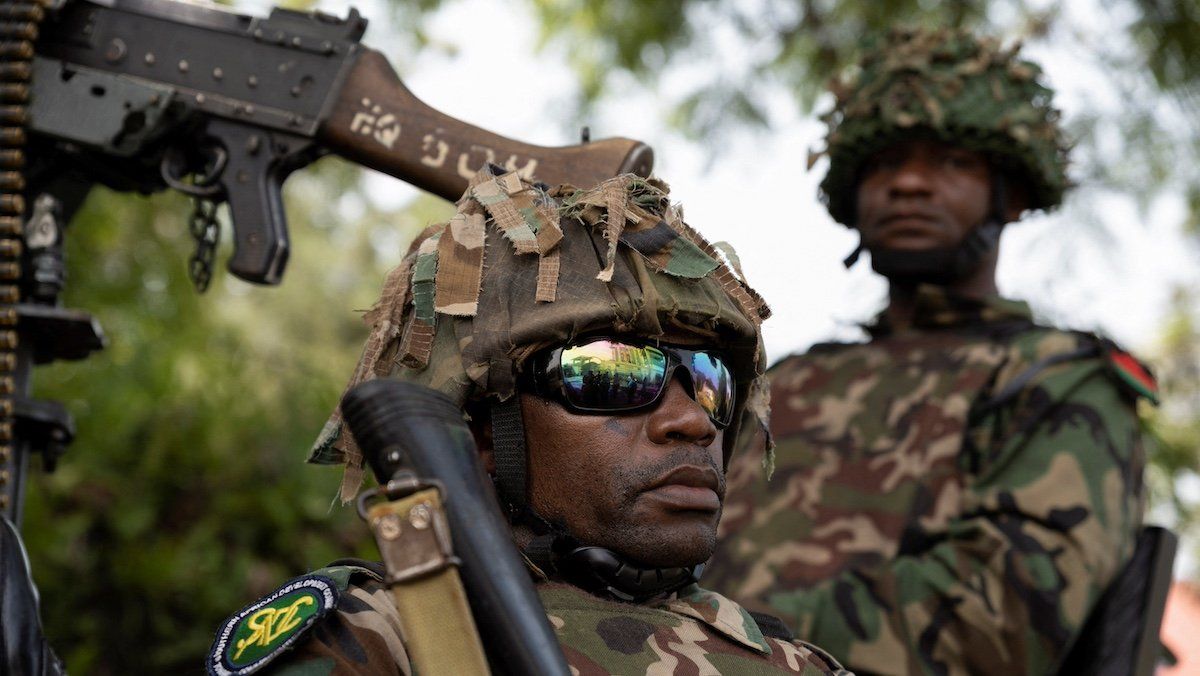Fighters from the M23 rebel group in northeastern Congo have been targeting civilians in violation of a July ceasefire agreement, according to the Southern African Development Community, whose peacekeeping mandate there will expire on Dec. 15.
Background: For two years now, M23 forces backed by neighboring Rwanda have been fighting to establish control over mineral rich provinces in the region. The conflict has so far displaced at least 7 million people, and killed unknown thousands.
The SADC forces haven’t been able to push back the M23, but have at least managed to hold on to the key city of Goma, where hundreds of thousands of refugees are sheltering. Leaders from SADC countries are meeting in Zimbabwe on Thursday to discuss extending the mission, but should they fail to agree, M23 will have the upper hand.
UN Peacekeepers in the region are widely scorned by locals for their inability to keep ordinary people safe, while the DRC’s own army is poorly trained and deeply corrupt. Without SADC troops, Goma will likely fall, and Rwanda’s proxies will consolidate their hold on the region.
What does the Trump administration mean for the DRC? President Félix Tshisekedi has expressed excitement about working with Trump to deepen US-DRC relations, amid hopes the US will provide greater resources to help stabilize the country. However, what scant attention Trump gave to Congo on the campaign trail was overwhelmingly negative: Axios found that he cited Congolese migrants as criminals at least 29 times between Sept. 2023 and Oct. 2024, and accused the DRC of emptying prisons to send violent criminals to the US.
